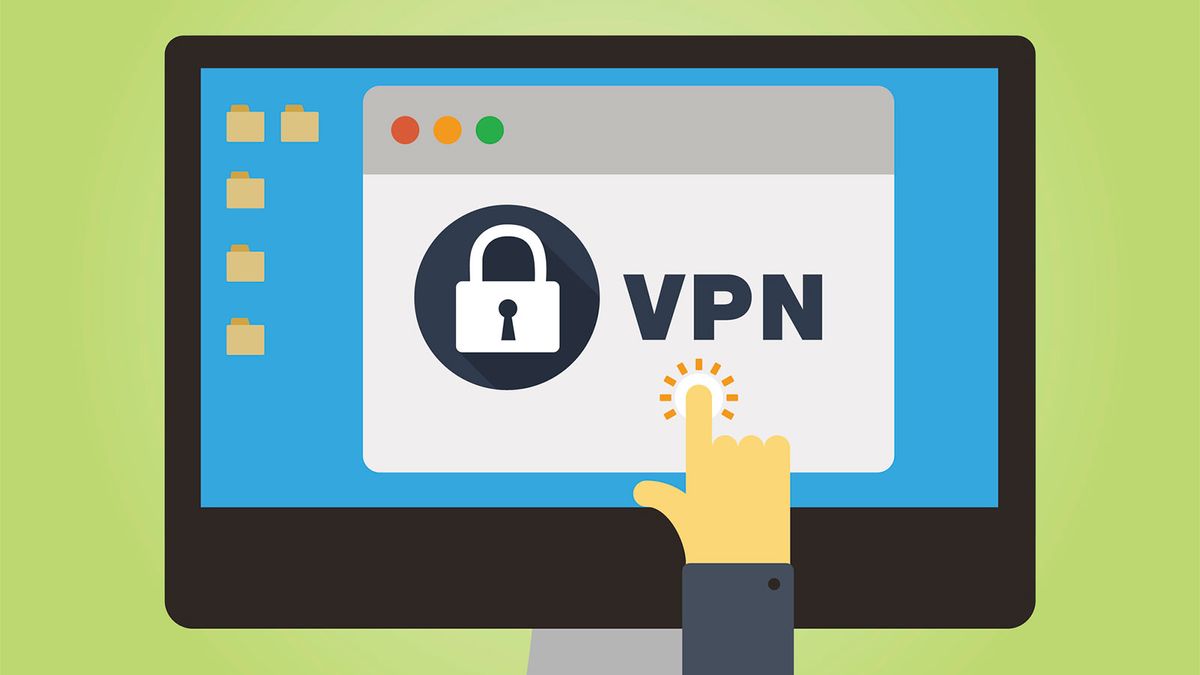
Virtual private networks (VPNs) work by encrypting your internet traffic and routing it through a secure server, which disguises your IP address and makes your online activities private. When you connect to a VPN, your data is sent through an encrypted tunnel, preventing unauthorized access from internet service providers (ISPs) and cybercriminals[1][2][4].
Additionally, VPNs can bypass geographical restrictions by masking your location, allowing you to access region-locked content. They utilize various tunneling protocols, such as OpenVPN and WireGuard, to ensure secure data transmission[3][6]. The encryption ensures that any intercepted data remains unreadable without the proper decryption key[4][6].
Get more accurate answers with Super Pandi, upload files, personalized discovery feed, save searches and contribute to the PandiPedia.
Let's look at alternatives:
- Modify the query.
- Start a new thread.
- Remove sources (if manually added).